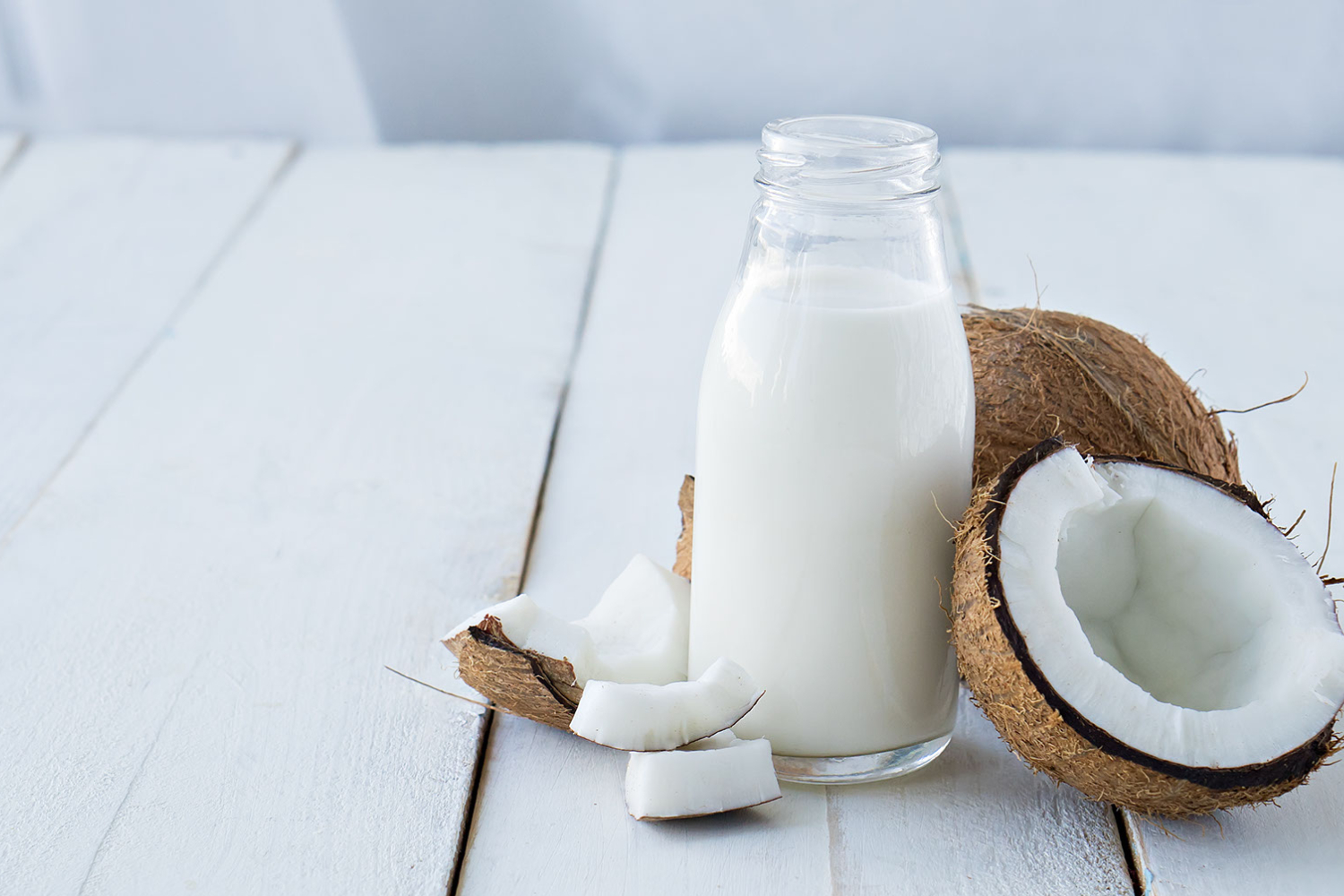Does Flour Go Bad? Here's What You Should Know
Here's how to keep the beloved pantry staple fresh for as long as possible, saving money and reducing food waste.

Published
In the realm of pantry staples, flour is a versatile and indispensable ingredient that finds its way into a multitude of recipes, from the delicate art of baking to the savory world of cooking. Yet, tucked away in the corners of kitchen cabinets or stored in bulk, flour often remains a silent participant, patiently awaiting its moment to shine.
Considering 119 billion pounds of food is thrown away every year in the United States, every grain of rice, every slice of bread, and indeed, every bag of flour, plays a pivotal role in minimizing the environmental impact of food waste. So as we navigate the culinary landscape, a question often lingers in the back of our minds: Does flour go bad? And how can we keep it fresh for as long as possible?
Whether you're an occasional home baker or a seasoned kitchen enthusiast, understanding the shelf life of this seemingly eternal kitchen companion is crucial. Here's everything you should know.
Does Flour Go Bad?
Flour, a fundamental component in kitchens worldwide, is a versatile ingredient with an extended shelf life when stored correctly. The answer to whether flour goes bad is nuanced. Flour typically doesn't spoil in the way that perishable items do, but it can lose its freshness and quality over time. The longevity of flour depends on factors such as type, storage conditions, and exposure to moisture.
All-purpose flour, a kitchen staple, can last anywhere from six months to one year in a cool, dry place. Whole wheat flour, due to its higher oil content, has a shorter shelf life and usually lasts around three to six months. Specialized flours, like almond or coconut flour, may have varying shelf lives based on their unique properties.
How to Tell If Flour Has Gone Bad
To determine if flour has gone bad, use your senses. Check for any off odors; rancid or musty smells indicate spoilage. Additionally, inspect the flour for signs of pests or discoloration. If the flour shows no signs of spoilage, a simple taste test can confirm its freshness. Fresh flour should have a neutral taste, while any bitterness or sourness suggests it's past its prime.
Understanding the shelf life of flour is essential not only for culinary success but also for reducing food waste. By being mindful of expiration dates and proper storage techniques, individuals can contribute to a more sustainable food system.
How to Keep Flour Fresh for Longer
Maintaining the freshness of flour necessitates employing proper storage methods. Since moisture poses a significant threat, leading to potential mold growth and spoilage, it's essential to store flour in an airtight container to safeguard it from humidity and pests. Additionally, opting for an opaque container provides protection against light, preventing any degradation in quality over time.
Selecting an appropriate storage location is equally vital. Ensure that flour is consistently stored in a cool, dark pantry or cupboard, away from sources of heat. Always avoid placing it near the stove or in direct sunlight, as exposure to warmth can hasten the deterioration process.
For those who purchase flour in bulk, freezing can be an effective method to extend its shelf life. Place the flour in a tightly sealed bag or container, removing as much air as possible to prevent freezer burn. When needed, allow the flour to come to room temperature before use.
In addition, you can regularly rotate your flour stock, using older batches before newer ones to ensure freshness. Labeling the purchase or opening date on the container can help you keep track of its age.
By adopting mindful practices in our kitchens, we contribute to a more sustainable and environmentally conscious approach to food consumption, one flour bag at a time.

Does Almond Milk Go Bad? Here's What a Registered Dietitian Says
We asked a registered dietitian whether or not almond milk goes bad, how to tell if it's past its prime, and the best way to store it to make it last longer.

Does Coconut Milk Go Bad? Here's What a Registered Dietitian Says
We asked a registered dietitian if coconut milk goes bad, how to tell if it's expired, and how to store it to make it last longer.

Does Oat Milk Go Bad? Here's What a Registered Dietitian Says
A registered dietitian shared whether or not oat milk goes bad, how long it lasts, and how to store it for maximum shelf life.

